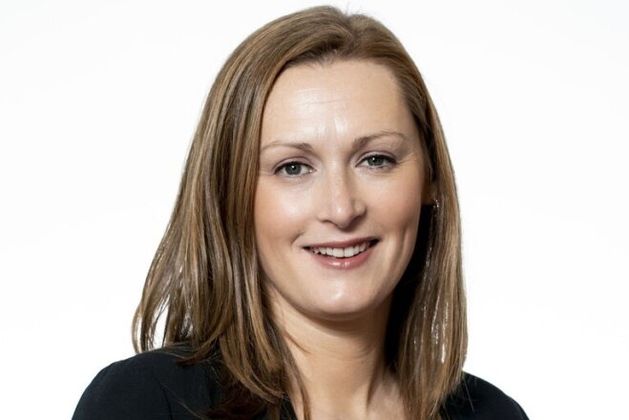As it launched a new guide to FDI in Ireland, the institute’s director of public affairs, Cróna Clohisey, said the marginal rate of 52pc being paid on a portion of average workers’ incomes is seen as a barrier because it is high by international standards.
The point at which the 40pc higher rate of income tax clicks in is currently €42,000 for single people. When that is added to 4pc PRSI and 8pc Universal Service Charge (USC), it brings the total to 52pc.
“High personal taxes is coming up a lot in the conversations our professionals are having with multinationals,” Ms Clohisey said. “The message is that we are at full employment, and companies are looking at any incentive to retain or attract staff, and the personal tax issue has come up as a barrier in the sense that 52pc for the average worker is high by international standards.
“We do have a progressive tax system but the messaging we are hearing is [about] the ‘squeezed middle’. You go from 20pc to 40pc like a cliff edge. It’s just the idea that it is a massive jump, and for FDI the labour markets they are tapping into are really mobile.”
Ms Clohisey said that young workers, already struggling to buy houses, afford childcare and have a decent standard of living particularly in Dublin, could be lured away by lower-tax jurisdictions. It is important to put some money back in their pockets, so they are less inclined to leave the country.
In Britain, the top rate of tax is also 40pc but does not apply until a single person earns £50,271, the equivalent of €60,363..
Chartered Accountants Ireland has proposed an intermediate tax band of 30pc, but this has not been taken up so far by any political party in the general election campaign.
“Other European countries have a lower top rate, it’s not 52pc, and a lot have three bands,” Ms Clohisey said. “We are an outlier.
“It’s important to remain competitive and tax is another strand to that, especially with full employment.”
The new guide to FDI warns that Ireland faces greater competition for investment, as other countries are enhancing what they offer to multinationals. A slowdown in growth of the global economy, and more industrial policy interventions by those competitor countries, means Ireland’s inward investment model is now at a crucial inflection point, it says.
“The significant deficits in the State’s crucial infrastructure, including housing, energy, water, childcare and nationwide public transport, need to be addressed with urgency if we are to remain fully competitive in the race for future FDI,” Ms Clohisey added.
Chartered Accountants Ireland is the largest professional body on the island of Ireland, representing over 38,400 members.

